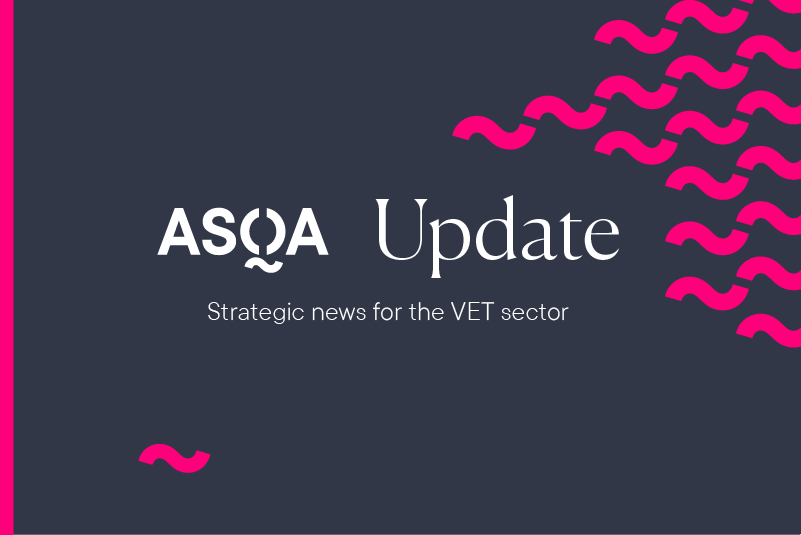The World Health Organization (WHO) today released a new handbook for health workers to help them deliver quality abortion services for women and girls. The publication provides detailed clinical advice to support implementation of WHO’s consolidated guidance on abortion care, published in 2022.
Clinical services relating to abortion include not only the procedure itself, but also the provision of information and counselling, pain management and post-abortion care, including contraception. In line with WHO’s updated recommendations, the Clinical practice handbook for quality abortion care additionally provides expanded guidance on how health workers can support self-management approaches, and telemedicine, where this is available.
 “Health workers have a critical role to play in delivering quality abortion care that respects women and girls’ choices and meets their needs,” said Dr Pascale Allotey, WHO’s Director of Sexual and Reproductive Health and Research and Head of the United Nations’ Special Programme for Human Reproduction (HRP). “This guide aims to help health workers provide safe, timely and effective services for abortion, while treating women and girls with dignity and respecting their rights.”
“Health workers have a critical role to play in delivering quality abortion care that respects women and girls’ choices and meets their needs,” said Dr Pascale Allotey, WHO’s Director of Sexual and Reproductive Health and Research and Head of the United Nations’ Special Programme for Human Reproduction (HRP). “This guide aims to help health workers provide safe, timely and effective services for abortion, while treating women and girls with dignity and respecting their rights.”
Self-management is an option for providing medical abortion, which WHO recommends as a safe and effective method for ending a pregnancy. The medications used – mifepristone and misoprostol – are included in WHO’s Essential Medicines List. With appropriate support, women can self-manage some or all stages of a medical abortion – for example, in the comfort of their own home.
“When a woman opts for self-management of abortion, health workers need to be able to provide her with appropriate, accurate information and advice so that she knows what to do, when to do it, and if needed, how to access follow-up support,” said Dr Bela Ganatra, Head of the Comprehensive Abortion Care Unit at WHO. “Medical abortion has played a seminal role in expanding access to safe abortion globally, especially for women and girls in the most vulnerable situations who may lack access to health facilities or need to keep their abortion private by avoiding hospital stays, so it’s important that healthcare practitioners can facilitate it as an option for abortion care.”
Within clinical practice, the Handbook details practically how health workers can apply human rights principles in their work to deliver abortion care: for example, ensuring all women and girls have complete and accurate information so as to support informed choices, respecting consent and their confidentiality, while enabling autonomous decision-making over all aspects of reproductive health.
Although this publication focuses primarily on the clinical aspects of abortion care, health workers also need to be supported so they can provide these services – without fear of judgement or recrimination. In early 2023, WHO released an evidence brief, which aims to help policymakers address law and policy-related barriers that limit access to safe abortion. This is one of a range of tools that support practitioners and interested countries in implementing WHO’s guidance, including a pocket guide and wall chart on the medical abortion recommendations, and a toolkit on the competencies that health workers need to deliver quality abortion and family planning services.
The new document that was launched today replaces the 2014 version of the clinical handbook. Released at the 33rd Congress of the International Confederation of Midwives in Bali, Indonesia, it is relevant to a range of health workers involved in delivering abortion services from midwives to physicians, nurses, and pharmacists.







